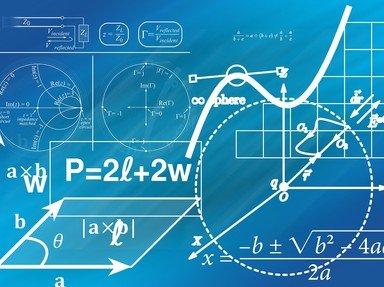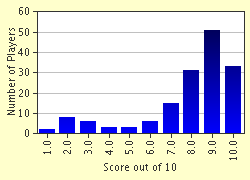Quiz Answer Key and Fun Facts
1. Add the binary numbers 101 and 111 together. Give your answer in binary form.
2. Add the binary number 11001 to the base ten number 14. Give your answer in base ten.
3. Evaluate 1011 - 111. Both numbers are binary numbers. Express your answer in binary form.
4. Subtract the base ten number 17 from the binary number 11101. Give your answer in base ten.
5. Multiply the binary numbers 100 and 110 together. Give your answer in binary form.
6. Multiply the binary number 10110 by the base ten number 33. Give your answer in base ten form.
7. Divide the binary number 1100 by the binary number 100. Give your answer in binary form.
8. Divide the base ten number 744 by the binary number 110. Give your answer in base ten.
9. Evaluate (all numbers are binary numbers): 100 to the 11th power. Give your answer in binary form.
10. Evaluate: 100 (binary number) to the 11th power (base ten.) Express your answer in base ten.
Source: Author
XxHarryxX
This quiz was reviewed by FunTrivia editor
crisw before going online.
Any errors found in FunTrivia content are routinely corrected through our feedback system.

